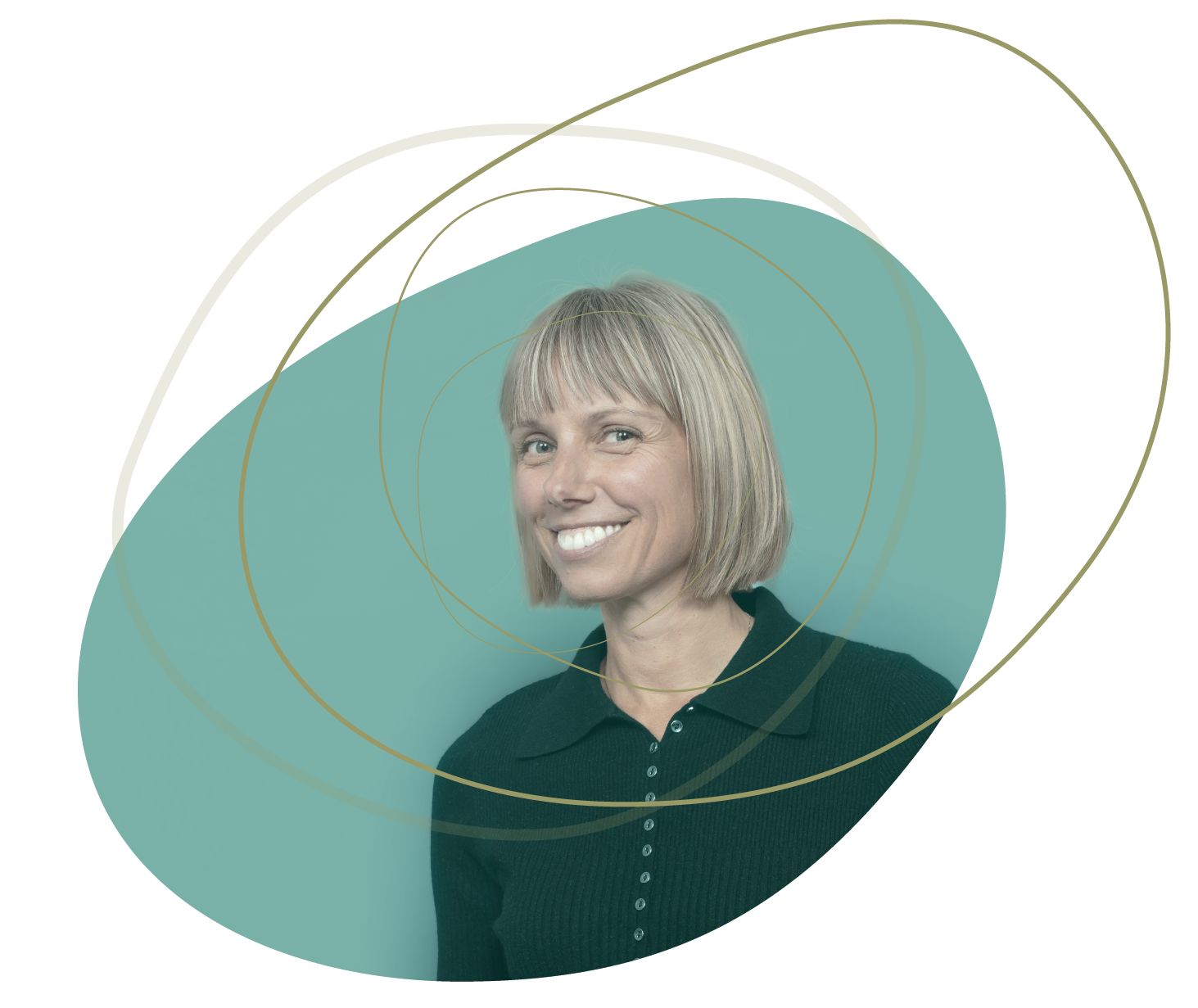Sibylle Reuter was born in Sofia (Bulgaria) and moved to Austria at the age of nineteen. She speaks six languages, studied German language and literature, worked as an interpreter, and lived in Bologna, Shanghai, and Valencia. Today, she writes as a freelance author about home, cultural identity, and the special magic of places that shape us. For her debut novel, she was awarded the SCHREIBEREI Literature Prize.

Author
Awards
- 2024 Shortlist Building Bridges writing competition from Amazon Publishing
- 2023 Shortlist Field Trip Award
- 2022 exile literature prize
- 2021 Restart Culture Writing Scholarship
Publications (selection)
- “Luft”, in “Von Neugierde, Mut und Reiselust: Ehrliche Reisestories”, Reisedepeschen Verlag, 2024
- “Richtungsweisend, Wirklich.”, in “Gemeinwohl-Ökonomie in der Praxis: 24 wahre Geschichten vom Tun und vom Lassen” ed.: Hoffmann, Walchner and Dudek, oekom verlag, February 2021
Interview with Sibylle Reuter
What’s the bravest thing you have ever done without knowing how it would turn out?
At thirty, I quit my four jobs in Graz and moved to Shanghai. Within a few months we had given up our apartment, left our pets and furniture with my in-laws, and gotten married. My visa stated my purpose of stay as “accompanying spouse.” Rarely have I felt so hollowed out. But it was precisely that step that taught me you can leave everything behind in order to begin anew. That courage to set out still shapes my writing today.
Read more
Your book is titled “Zerbrichmeinnicht”. What exactly must not break?
The heart, the will, the faith of the protagonist. “Zerbrichmeinnicht” tells of moments when even hope shatters. Yet something always remains. The form reflects this as well: at times fragmentary, broken into pieces. For me, fractures are never final – they open spaces for insight and change.
Is there a scene or character in “Zerbrichmeinnicht” that is particularly autobiographical?
Yes, many scenes have an autobiographical core. For instance, I really did apply to a ballet school. That dream of dancing reappears in the novel. My early years in Bulgaria are also mirrored: in kindergarten I spent the day “playing at being German,” while the Bulgarian Sibylle always followed me home.
Which writers have inspired you most on the road to your debut novel?
Several authors have influenced me. In “The End of Loneliness” I admire how Benedict Wells combines existential depth with narrative lightness – many of his sentences linger long after reading. Lorenzo Marone impresses me with the clarity of his short sentences, and Arno Geiger with the tenderness of his language. From Thomas Melle I learned how radically open literature can be. I value Sergei Dovlatov for his subtle self-irony.
You worked as an interpreter for asylum seekers. How did that change your view of the topic of home?
Home is fleeting. Borders shift or disappear, and suddenly we are left on our own. We can cross borders or build new ones – with dignity and pride in our roots. But in the end, home is always relative: inside we are locals, outside we are foreigners. Sometimes we are welcomed, sometimes met with suspicion. That hurts. Because ultimately we are always just ourselves. The rest is framing.
You grew up in Bulgaria, lived in Austria and speak six languages. In which language do you feel most like yourself?
In all of them – and in none. Each language carries a piece of me: a different facet, a different memory. Together they form a whole, but no single language ever feels completely like me.
Your book is about belonging. Do you believe that at some point you can really arrive somewhere completely – or will a part of you always remain a stranger?
Yes, one can arrive. The question is only, for how long. And whether arrival should really be the goal. I have come to believe that true belonging is nothing other than inner fidelity to oneself. And because the self is constantly in motion, belonging may be less a destination than an ongoing process.
What was the most difficult moment in your life that has shaped you to this day?
Processing the death of my mother.
Are there moments in writing when you surprise yourself or see yourself in a new light?
Yes, constantly. I often feel that I write in order to discover unconscious parts of myself. There are moments when a sentence suddenly appears on the page and surprises me – as if I had not written it, but it had found me.
Was there a moment when you thought: Now I know who I really am?
These moments come again and again. I love them. They rarely last longer than a few breaths. But that is a good thing – wouldn’t life be boring if we already knew?